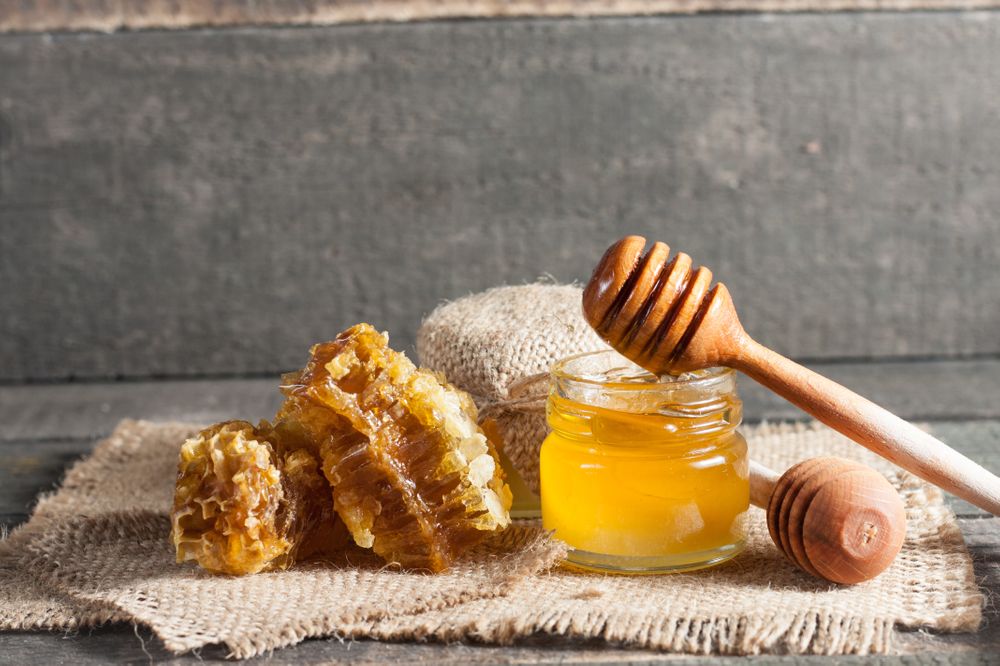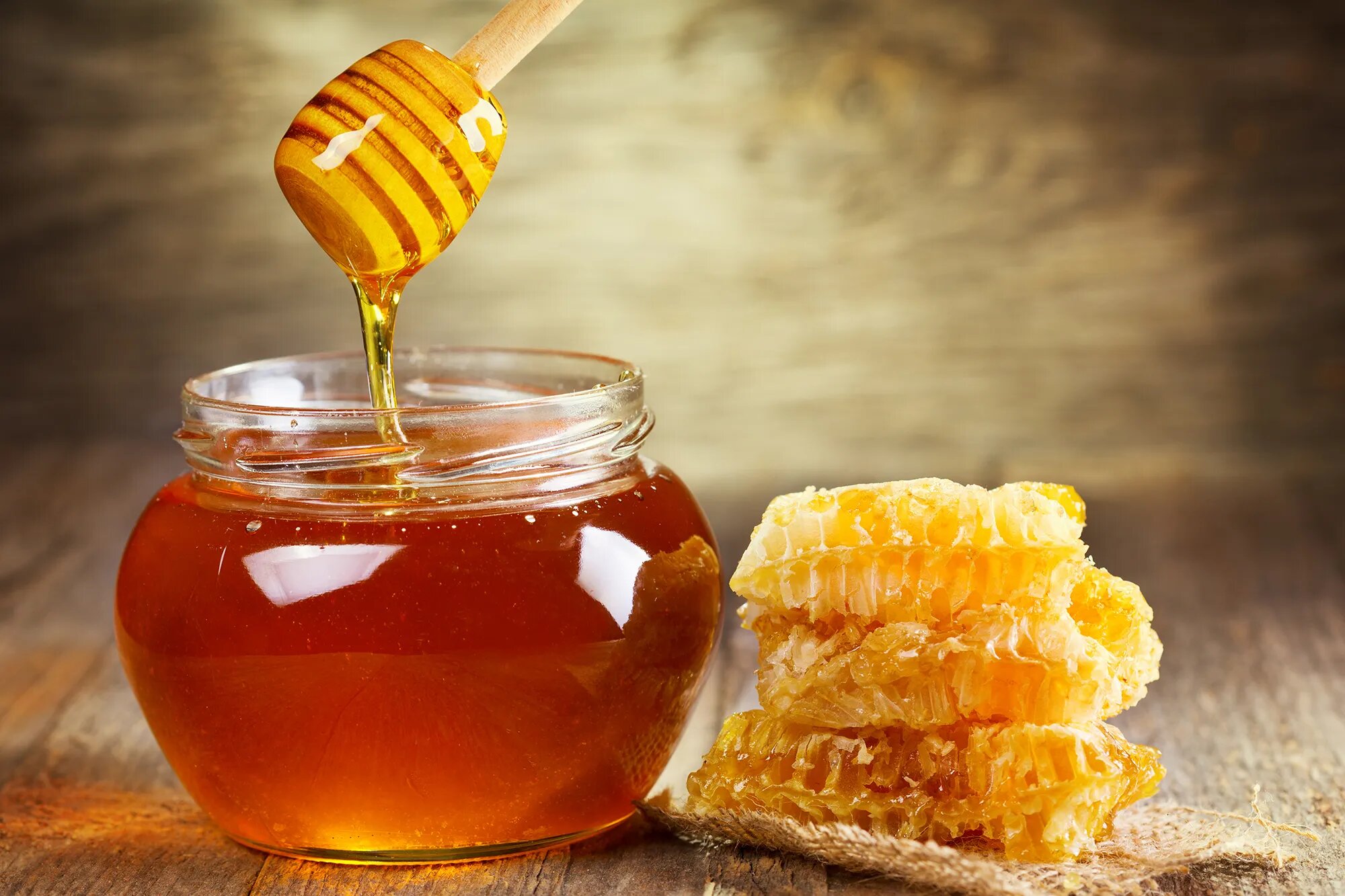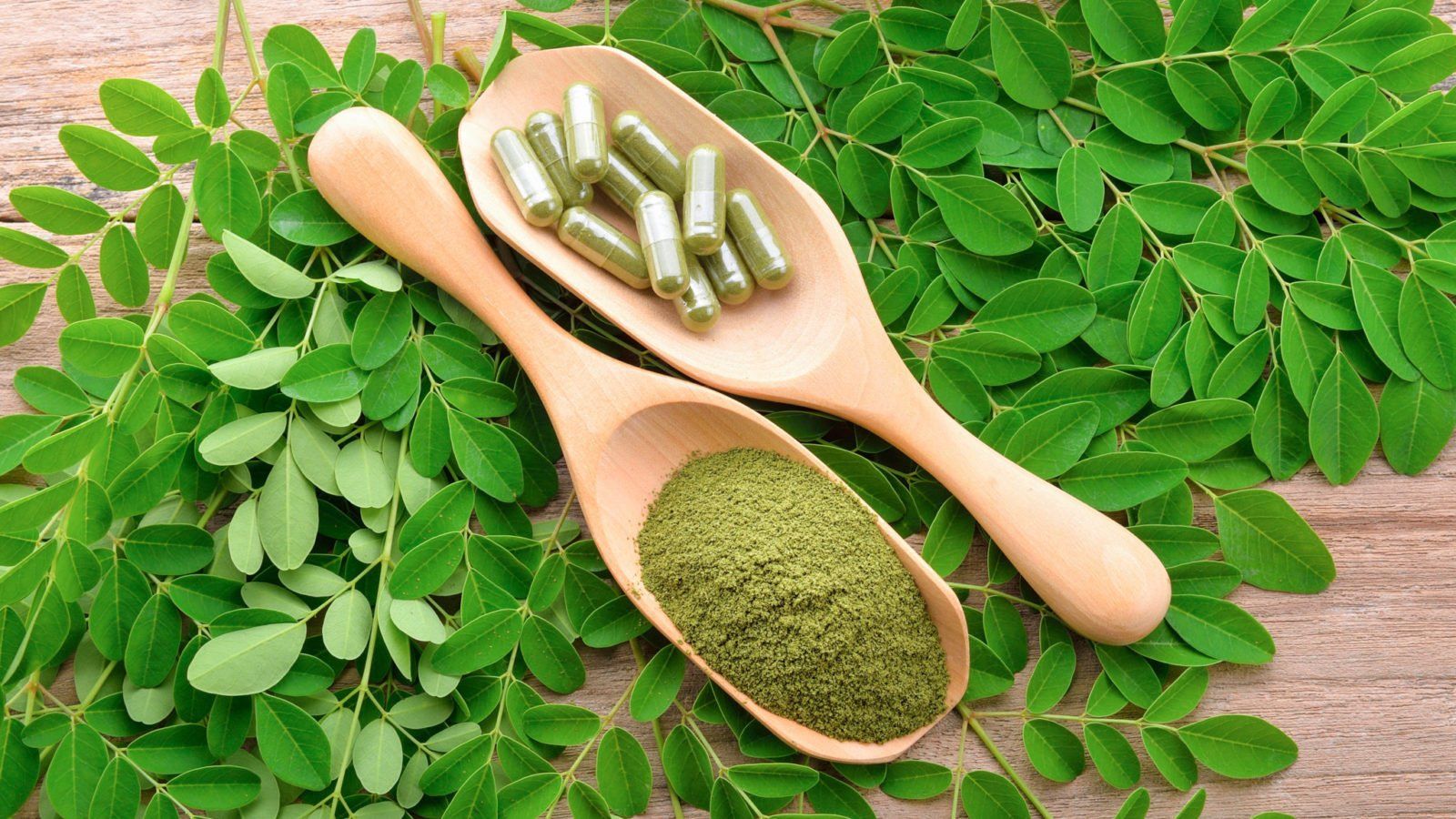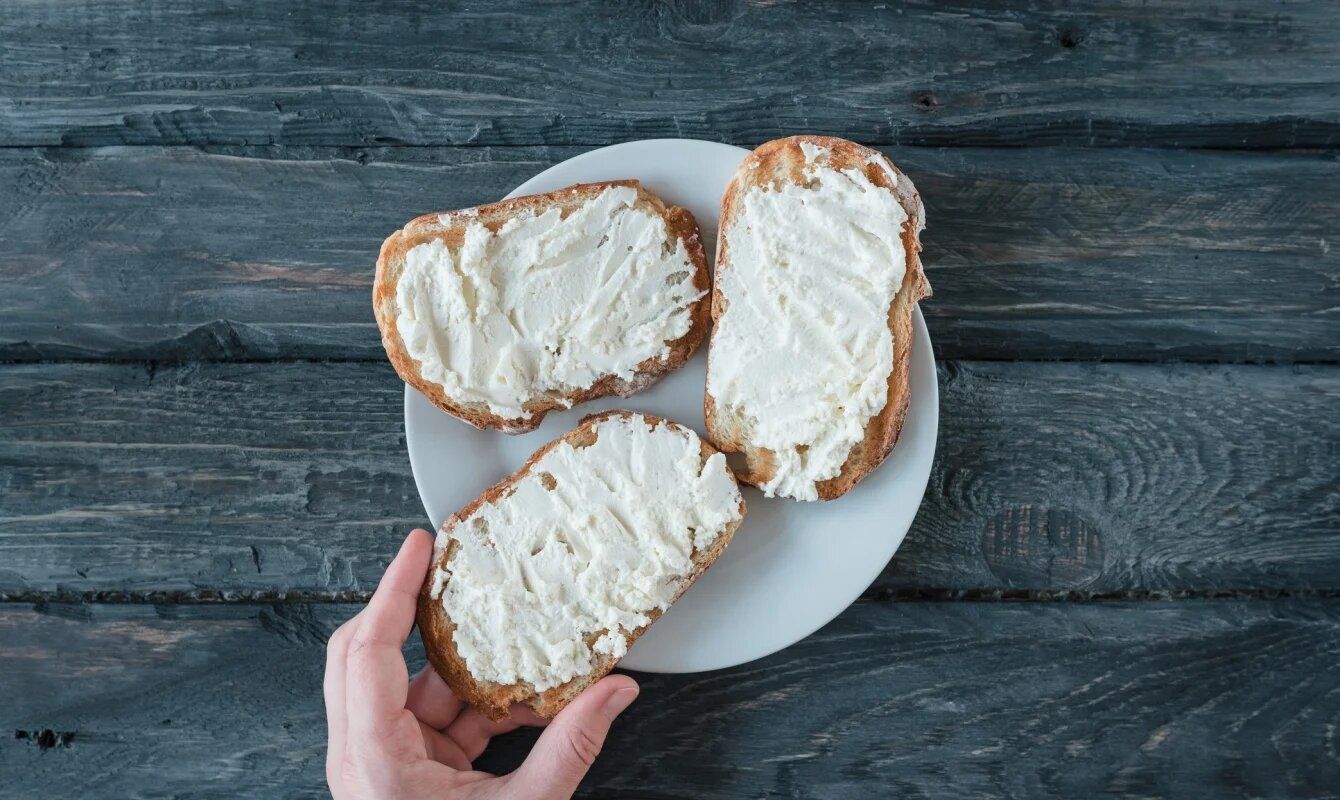Honey: More Than Just A Sweetener – Health And Nutrition Facts Revealed
Honey often hailed as nature's sweetener is much more than just a sugar substitute. This golden liquid has been revered throughout history for its unique health and nutritional benefits. In this comprehensive guide we'll explore honey's multifaceted role in health its benefits for skin and hair the intricacies of its storage and shelf life as well as its nutritional profile and calorie count.
Honey nature's liquid gold has been a cherished ingredient in culinary and medicinal practices for centuries. Revered not only for its sweet rich flavor but also for its diverse health benefits honey is a staple in many cultures around the world. This article will delve deep into the surprising and multifaceted benefits of honey. From its role in weight management and its nourishing properties for skin and hair to its nutritional value and practical storage tips honey is indeed more than just a sweetener. Uncover the secrets of honey and learn how this natural wonder can be a valuable addition to your lifestyle.
Honey's Health Benefits For Weight Loss
While honey does contain sugar it's far different from your regular table sugar. Its unique composition makes it useful in weight management:
- Natural Sweetener: Honey is a natural source of sweetness that can help reduce refined sugar intake.
- Rich in Antioxidants: Its antioxidants can help in boosting metabolism a key factor in weight loss.
- Promotes Digestion: Honey can aid in digestion thereby helping in weight management.
Honey's Skin and Hair Benefits
Honey isn't just for your tea; it's a boon for your skin and hair:
- Moisturizing Agent: It's a natural humectant meaning it draws moisture into the skin making it a great ingredient for hydrating face masks and hair conditioners.
- Antibacterial Properties: Honey's antibacterial and anti-inflammatory properties make it beneficial in treating acne and scalp issues.
- Antioxidant Rich: These properties help protect the skin from environmental stressors promoting a youthful appearance.
Storing Honey: Shelf Life and Best Practices
Honey's natural composition gives it an incredibly long shelf life but proper storage is key:
- Ideal Storage Conditions: Store honey in a cool dry place away from direct sunlight.
- Container Matters: Glass jars are ideal for honey storage as they don’t impart any flavors.
- Infinite Shelf Life: When stored properly honey can last indefinitely thanks to its low moisture content and high acidity.
Honey's Nutritional Profile and Calorie Count
Honey is more than just sugar; it's a complex food with its own nutritional merits:
- Caloric Value: Honey is calorie-dense with about 64 calories per tablespoon but its sweetness means you can use less of it.
- Nutritional Composition: It contains small amounts of vitamins minerals and antioxidants making it nutritionally superior to white sugar.
- Natural Sugar Composition: The sugars in honey are primarily fructose and glucose which the body processes slightly differently than refined sugar.
How to Incorporate Honey into Your Diet?
Incorporating honey into your diet can be simple and delicious:
- As a Sweetener: Use it to sweeten teas coffee or even homemade salad dressings.
- In Baking: Substitute sugar with honey in recipes but be mindful of the liquid balance in the recipe.
- For Breakfast: Drizzle it over oatmeal yogurt or toast for a touch of natural sweetness.
Honey in Traditional and Modern Medicine
Honey has been used for medicinal purposes for centuries:
- Wound Healing: Its antibacterial properties make it useful in treating minor wounds and burns.
- Cough Suppressant: Honey is a natural remedy to soothe sore throats and can be an effective cough suppressant.
- Gut Health: Its prebiotic properties promote the growth of good bacteria in the gut.
Understanding Raw Honey vs. Processed Honey
Not all honey is created equal:
- Raw Honey: Unprocessed and unpasteurized raw honey contains more antioxidants and nutrients.
- Processed Honey: Often pasteurized and filtered which may reduce its nutritional value.
Honey and Allergies: A Note of Caution
While honey is generally safe it’s important to be aware of potential allergies:
- Bee Pollen Allergies: Raw honey contains bee pollen which can trigger allergic reactions in some individuals.
- Infant Warning: Honey should not be given to infants under one year due to the risk of botulism.
What Characteristic Of Honey Makes It A Superfood?
As we delve deeper into the unique characteristics of honey it's evident that this natural sweetener is much more than meets the eye. The defining factor that elevates honey to the status of a superfood lies in its complex composition and the myriad of health benefits it offers. Here's a closer look at what sets honey apart:
a. Rich in Antioxidants
Honey is loaded with antioxidants including organic acids and phenolic compounds like flavonoids. Antioxidants are crucial for health as they fight free radicals in the body reducing oxidative stress and lowering the risk of chronic diseases.
b. Natural Antibacterial and Antifungal Properties
Honey has natural antibacterial and antifungal properties thanks to its hydrogen peroxide content and low pH level. This makes it excellent for wound healing and combating infections.
c. Diverse Nutrient Profile
Unlike regular sugar honey contains trace amounts of vitamins and minerals including vitamin C calcium and iron. These nutrients though in small quantities contribute to its superfood status.
d. Unique Phytonutrients
The phytonutrients in honey are responsible for its antioxidant properties as well as its antibacterial and antifungal power. These phytonutrients also give honey its immune-boosting and anti-inflammatory benefits.
e. Prebiotic Effects
Honey is a natural prebiotic meaning it nourishes the good bacteria that live in the intestines which are crucial not only for digestion but for overall health.
f. Soothing and Healing Properties
Historically honey has been used for its soothing effect on sore throats and its ability to aid in the healing of wounds and burns.
g. Beneficial for Heart Health
Emerging research suggests that honey may have a positive impact on heart health. It can help improve cholesterol levels lower triglycerides and even have a favorable impact on blood pressure levels.
h. Synergistic Effects with Other Superfoods
When combined with other superfoods like ginger or cinnamon honey's beneficial effects can be amplified making it a versatile component in a health-conscious diet.
i. Low Glycemic Index
Compared to regular sugar honey has a lower glycemic index (GI). This means it doesn't spike blood sugar levels as quickly making it a better option for maintaining balanced energy levels.
In essence honey's superfood status is attributed to its complex composition that offers a wide range of health benefits. From antioxidants to healing properties and its impact on heart health to being a prebiotic powerhouse honey is indeed a remarkable natural product that goes beyond sweetness offering comprehensive health benefits.
Conclusion
Honey's rich history and nutritional profile make it a unique and beneficial addition to a healthy diet. Its roles in weight management skin and hair care and even in medicinal uses are backed by both tradition and science. By understanding how to store and incorporate honey into your diet you can reap its full benefits. Remember moderation is key as honey is still a form of sugar.







